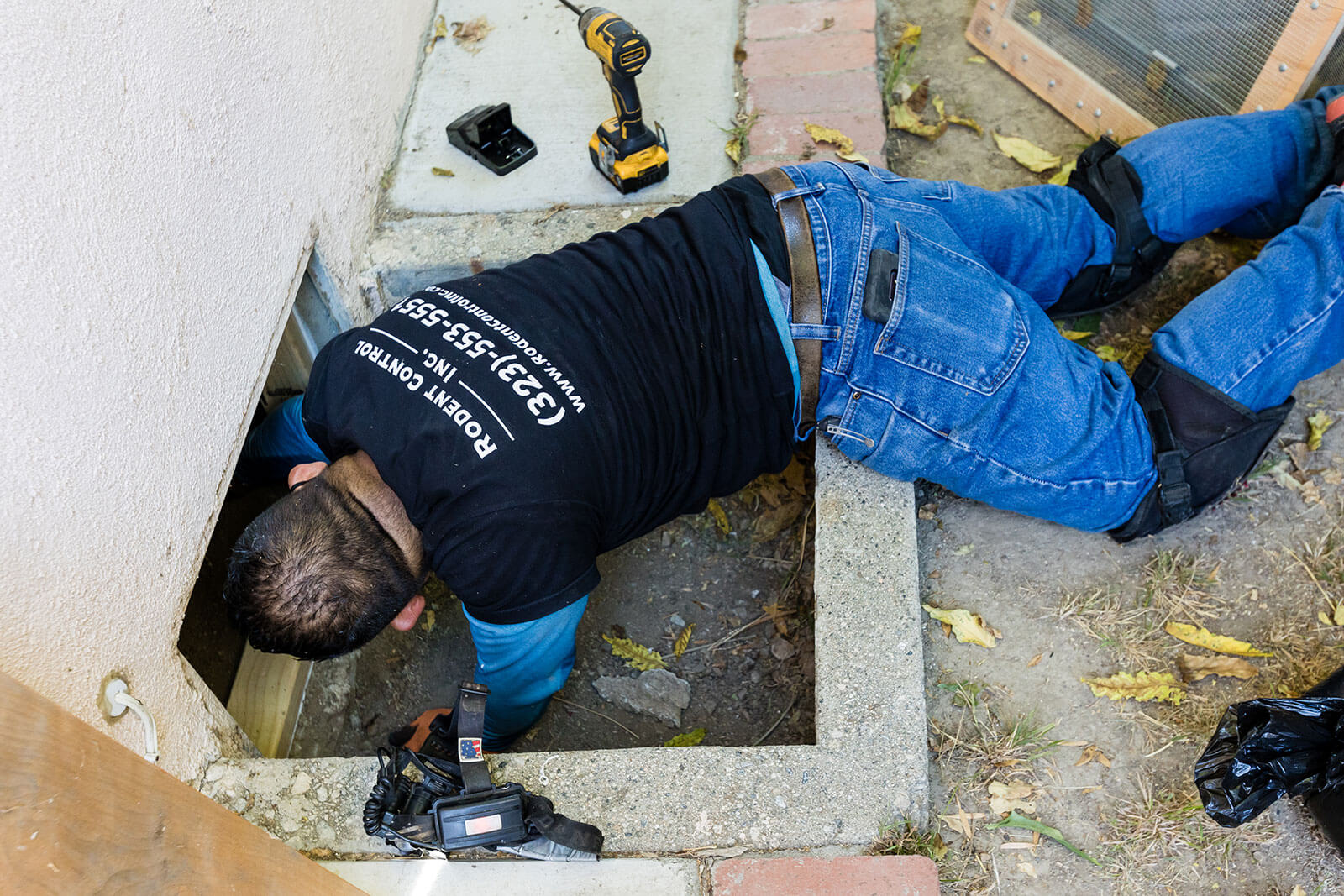Introduction
Mice are small creatures, but they can cause big problems if left unchecked. Their presence in your home can lead to health hazards, property damage, and a myriad of other issues that can escalate quickly. It's crucial to be vigilant and proactive in identifying the early warning signs of mice before they become a bigger problem. In this article, we will explore various aspects of rodent control, including how to spot these signs, preventative measures, and when to call in the Rodent Control Experts.
Spotting Early Warning Signs of Mice Before They Become a Bigger Problem
Detecting the early signs of a mouse infestation is vital for maintaining a healthy living environment. Mice are masters of concealment; they often invade homes unnoticed until they multiply significantly. Here’s what you should look out for:
Physical Evidence of Mice
Droppings: One of the most telling signs of mice is their droppings. Mice produce about 50–75 droppings each day, often found near food sources or nesting areas. Nests: Mice build nests using materials such as insulation, paper, or fabric. Look for nests in hidden areas like attics or behind appliances. Chew Marks: Check for gnaw marks on food packaging, walls, furniture, and electrical wires. These bites are often an indicator that mice are present.Auditory Signs
Mice are nocturnal creatures. If you hear scratching or scurrying sounds at night coming from within walls or ceilings, it's likely that you have a mouse problem.
Visual Cues
- Sighting: A quick glimpse of a mouse during the day could mean there’s a larger population hiding nearby. Footprints: In dusty areas or near a food source, you may see tiny footprints leading away from nests or food supplies.
Foul Odors
A strong musky smell may indicate the presence of mice due to their urine and feces accumulating in your home over time.
Understanding Rodent Behavior
To effectively prevent infestations, understanding mouse behavior is essential.

Why Do Mice Invade Homes?
Mice typically seek shelter from harsh weather conditions and search for food sources. Knowing this can help homeowners understand why certain areas may be more vulnerable.
Breeding Patterns
Mice breed rapidly; females can give birth several times per year with litters averaging five to six young each time. The faster you identify their presence, the easier it is to manage their population.
Preventative Measures: Keeping Mice at Bay
While spotting early warning signs is crucial, prevention is equally important.
Seal Entry Points
Inspect your home for gaps and cracks where mice might enter:

- Check around windows and doors Examine utility lines entering your home Seal gaps in foundations
Proper Food Storage
Store food in airtight containers to deny mice easy access:
- Use glass or plastic containers with tight-fitting lids Keep pet food stored securely
Regular Cleaning Habits
Maintain cleanliness by regularly vacuuming and wiping down surfaces:
- Remove crumbs promptly Avoid leaving dirty dishes overnight
When to Call in the Experts?
Sometimes DIY efforts aren’t enough. Here’s when you should consider contacting a local rodent control company:
Signs of Infestation Persisting
If droppings persist despite proactive measures taken on your part, it’s time to call in professionals specialized in Rodent Control Services Near Me.
Health Risks Presenting Themselves
Mice carry diseases such as hantavirus and salmonella that pose health risks to both humans and pets; if you suspect contamination, immediate action is necessary.
FAQs
1. What attracts mice into my home?
Mice are attracted by warmth and readily available food sources. Clutter can also provide them with hiding spots.
2. How do I know if I have an infestation?
Look for droppings, chew marks on furniture or packaging, nests made from soft materials like fabric or paper, and nighttime noises.
3. Can I get rid of mice without professional help?
Yes! But only minor infestations can sometimes be managed by sealing entry points and maintaining cleanliness; larger infestations usually require expert intervention.
4. What kind of services do rodent control companies provide?
They offer inspections to identify infestations, implement removal strategies through traps or bait systems, and provide advice on preventing future invasions.
5. How long does it take to eliminate a mouse problem?
The timeframe varies depending on the severity; some issues may be resolved within days while others could take weeks requiring follow-up treatments.
6. Are rodenticides safe around pets?
Some poisons can be harmful; always consult with your pest control service about safe practices when using chemical solutions around animals.
Conclusion
Effective management begins with spotting early warning signs of mice before they become a bigger problem—be proactive! By understanding behaviors associated with these rodents and implementing preventative measures at home alongside regular inspections by trusted professionals like those found through “ Rodent Control Near Me,” you'll create an environment less inviting for unwanted guests like mice.
This knowledge not only empowers you as a homeowner but also establishes peace of mind knowing you're equipped against potential infestations before they spiral into significant issues—a win-win situation!
By observing telltale signs carefully while actively engaging preventive rodentcontrolinc.com strategies around your household space—ensuring cleanliness along with proper sealing techniques—you'll keep those pesky little invaders at bay! So stay vigilant—after all—an ounce of prevention is worth a pound of cure!
This comprehensive guide aims not only to inform but also empower homeowners with practical tips while fostering trustworthiness towards professional services available locally—whether it’s searching online for "Rodent Control Nearby" or seeking tailored solutions customized uniquely just for your specific needs regarding effective "Mice Control."